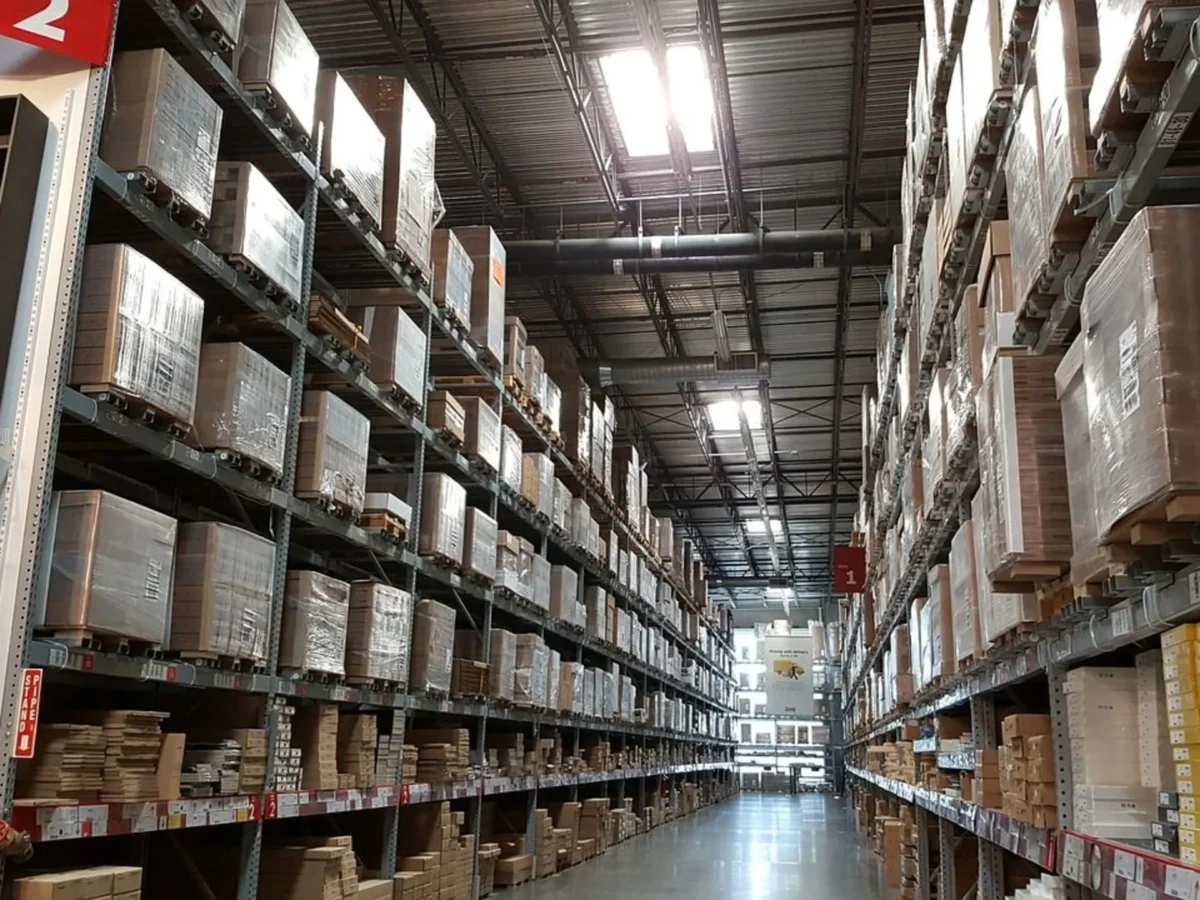
In today’s interconnected world, businesses are no longer confined to their local markets. The quest for growth, sustainability, and competitive advantage has led many to explore the vast potential of global sourcing. At its core, sourcing is the backbone of any business, determining the quality, cost, and availability of products. Global sourcing, on the other hand, is the strategic move of seeking goods and services beyond one’s borders. This practice offers a plethora of benefits, from cost savings to access to unique materials, making it an enticing strategy for businesses of all sizes.
The Advantages of Global Sourcing
Diversification of Suppliers and Reduced Supply Chain Risks: By sourcing globally, businesses can diversify their supplier base, reducing dependency on a single source. This diversification minimizes disruptions due to unforeseen events like natural disasters or political unrest.
Access to Unique Products and Materials: Different regions offer unique materials and products, allowing businesses to introduce novel items to their market, setting them apart from competitors.
Cost Savings and Competitive Pricing: Often, sourcing from countries with lower production costs results in significant savings. These savings can be passed on to consumers, offering competitive prices.
Opportunities for Innovation and Market Expansion: Source global can lead to collaborations with international partners, fostering innovation and opening doors to new markets.
Challenges and Considerations

However, global sourcing isn’t without its challenges. Cultural and language differences can lead to miscommunications, potentially jeopardizing business relationships. Navigating the maze of international trade regulations and customs procedures can be daunting. Ensuring consistent product quality across borders is another concern, as is grappling with the intricacies of international logistics and shipping.
Strategies for Successful Global Sourcing
Success in global sourcing requires a strategic approach:
Thorough Market Research and Supplier Evaluation: Before diving in, businesses must research potential markets and evaluate suppliers meticulously.
Establishing Strong Communication Channels: Clear communication is paramount to avoid misunderstandings and ensure smooth transactions.
Building Relationships and Partnerships: Long-term success hinges on building strong relationships with overseas suppliers, fostering trust and collaboration.
Implementing Robust Quality Assurance Processes: To ensure product consistency, businesses must implement stringent quality checks.
Choosing the Right Wholesale Global Sources

The success of global sourcing largely depends on choosing the right sources:
Identifying Countries with Favorable Sourcing Environments: Not all countries are created equal. It’s crucial to identify those with stable political climates, favorable trade policies, and skilled labor forces, hence sourcing China agent will be a safe bet.
Evaluating Suppliers: Beyond cost, factors like reputation, capabilities, and reliability are crucial in supplier selection.
Negotiation Strategies: Effective negotiation can lead to favorable terms, ensuring a win-win for both parties.
Mitigating Risks in Global Sourcing
Risk is inherent in global sourcing, but it can be managed:
Developing a Risk Management Plan: This involves identifying potential risks and devising strategies to mitigate them.
Diversifying Supplier Base: Reducing dependency on a single supplier minimizes disruptions.
Staying Updated: International trade laws and regulations are ever-evolving. Staying updated ensures compliance and smooth operations.
Technological Tools for Efficient Global Sourcing

Technology plays a pivotal role in modern global sourcing:
Utilizing Digital Platforms: Online marketplaces connect businesses with suppliers worldwide, simplifying the sourcing process.
Supply Chain Management Software: These tools offer transparency, tracking products from source to destination.
Data Analytics: Predictive analytics can forecast market trends, helping businesses optimize their sourcing strategies.
Case Studies: Success Stories in Wholesale Global Sourcing
Real-world examples abound of companies reaping the benefits of global sourcing. From tech giants like Apple sourcing components globally to fashion brands like Zara leveraging international designs, the success stories are diverse. These companies have not only achieved cost savings but have also introduced innovative products, expanded their markets, and built robust supply chains. Their journeys, though fraught with challenges, are testament to the immense potential of global sourcing.








